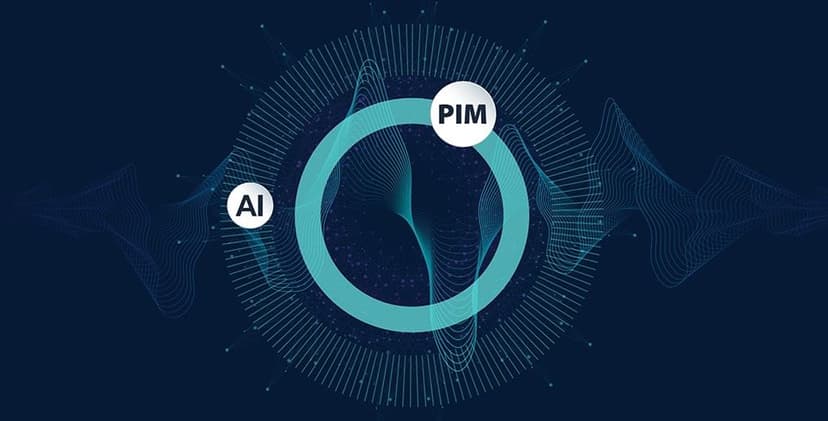
• November 12, 2024
The pervasiveness of Artificial Intelligence (AI) is rapidly transforming various sectors, from gaming and healthcare to predictive analytics and security. An unexpected realm that AI has begun to revolutionize is Product Information Management (PIM), a system designed for centralized management of accurate and up-to-date product information dispersed across sales, advertising, and digital channels.
AI, an umbrella of diversified technological advancements, is innovatively redefining the website development and e-commerce sector where PIM plays a crucial role. Let's explore the phenomenal implications of AI in the realm of PIM.
AI Assists in Streamlining Product Data Collection and Management
Every successful app development or web development site understands that accurate, updated product information is the backbone of effective e-commerce. AI algorithms have a knack to intelligently sift through copious amounts of data, recognize patterns, and perform data enrichments to enhance PIM.
Data digitization: AI-powered tools assist in accumulating and digitizing high-volume product data. This data, otherwise scattered across platforms, is unified and managed efficiently. Automated categorization: Via machine learning, an AI technology, products can be categorized and tagged automatically, saving businesses hours of manual labor and reducing the likelihood of mistakes. Boosting data quality: AI can routinely cross-examine the quality of product data, ensuring its precision and relevancy.
AI and SEO: A Power Duo in E-Commerce
Excellent search engine optimization (SEO) is a significant player in thriving e-commerce, connecting business's products with potential buyers. Implementing AI into SEO strategies leads to superbly optimized product listing by exploring search patterns and adjusting product information with high-ranking keywords and pertinent descriptions.
AI Incorporation Changes the PIM Landscape
With many businesses heading towards the d2c (direct-to-consumer), or the SAAS model, having a competent PIM system is paramount. AI integration in PIM offers:
Improved Efficiency: By automating manual tasks and improving the accuracy of product information. Better Decision Making: Through predictive analytics, businesses can predict demand and make informed decisions about their inventory. Product Innovation: With a more profound understanding of customer preferences, businesses can innovate their products to meet consumer needs. In essence, the rendezvous of AI, PIM, and other crucial aspects of website development, e-commerce, and app development is a game-changer in this digital era. It offers countless benefits like improved product visibility, customer experience, and sales. As technology advances, even more, we can expect AI to further revolutionize PIM, opening up a whole other world of opportunities.